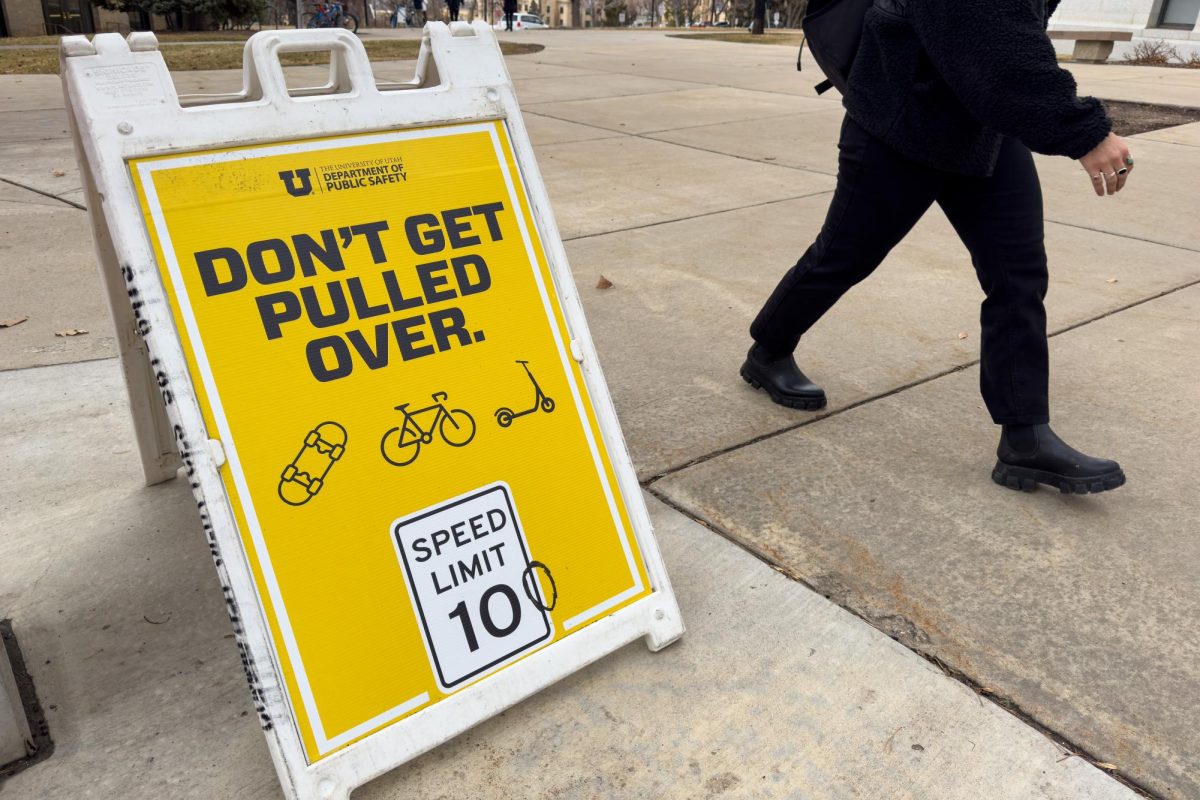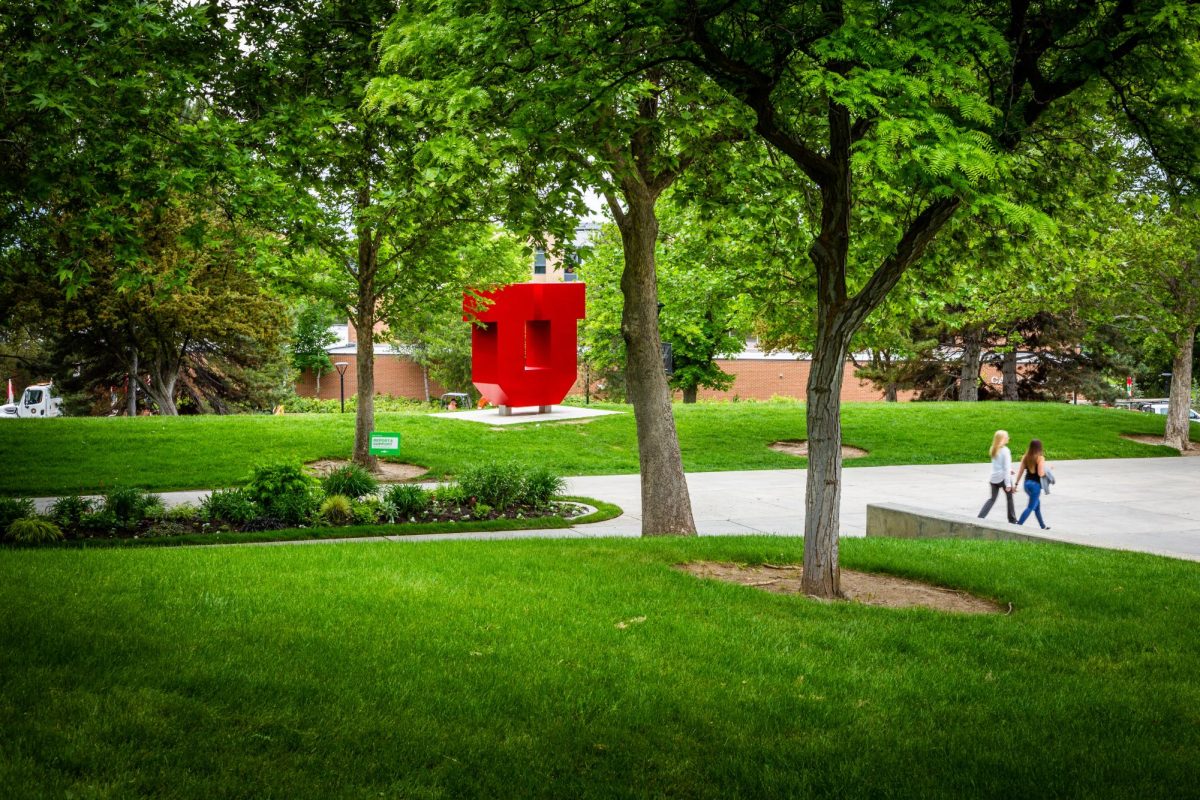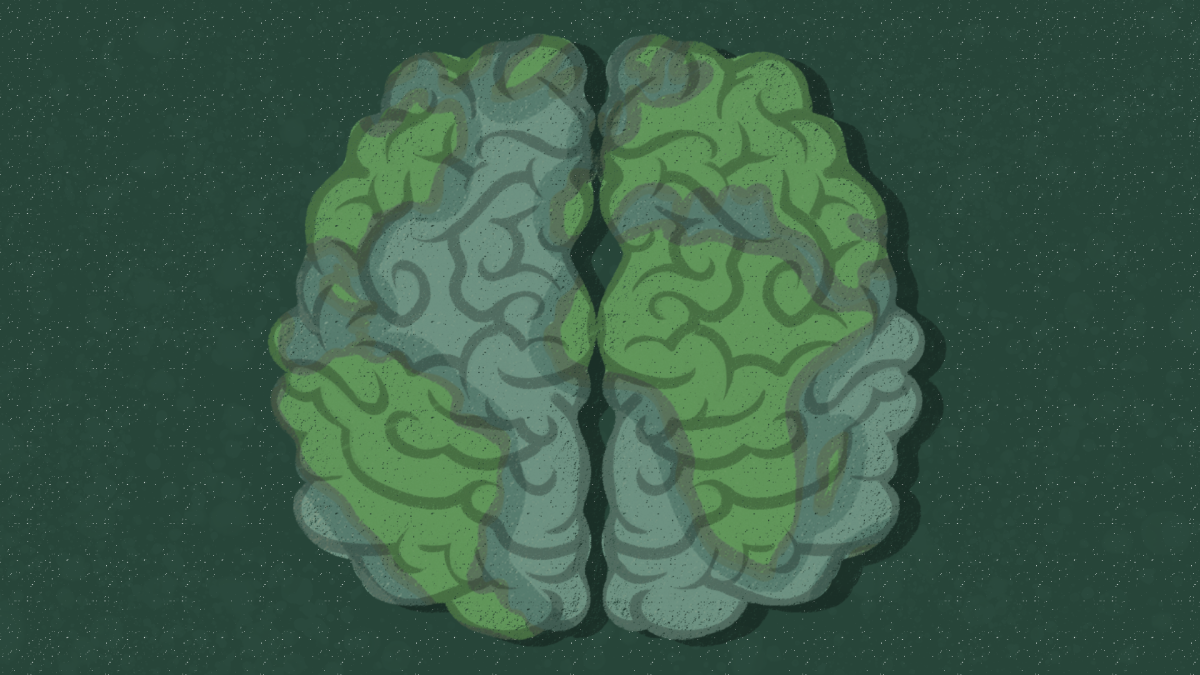Utah’s expansive and diverse topography practically begs you to play with it. With a myriad of outdoor activities at your fingertips, connections formed within and beyond religious cultures, and even just looking at our breathtaking landscapes, a smile will always be brought to your face in the beehive state.
So why are our Utah residents more likely to die by suicide than in a car crash? October 10 is World Mental Health Day, so perhaps now is the perfect time to shed light on the darker side of this surprising paradox.
Polar-Opposite Rankings
Utah was recently ranked as the happiest state in America. The report evaluated factors like work environment and emotional well-being, and Utah residents scored through the roof. However, Utah’s suicide rate has consistently been higher than the national average — 20.6 to the national 13.48 (per 100,000).
Utah is located in a region of the country grimly deemed “the suicide belt.” The belt, made up of states in the Mountain West, sees consistently higher rates of suicide than in other parts of the country. University of Nevada, Las Vegas Sociologist Matt Wray explained that this could be due to these states containing a higher population of middle-aged, single and unattached males — many of whom have access to guns.
High Suicide Numbers
Other theories aside from Wray’s posit access to firearms as a primary risk factor. A recent study showed a positive correlation between states with weaker gun control laws and their higher rates of gun violence. According to Everytown Research, Utah state law “lacks every foundational gun violence prevention law.” Our legislature continues to take steps to weaken protections against gun violence and increase access to firearms. 82% of gun deaths in Utah are suicides, the 12th highest rate in the nation.
In addition to Wray’s findings, a positive correlation has been proven between states at higher elevations and the rates of depression and suicide in those populations. The higher the elevation, the higher the potential risk for death by suicide appears to be.
Another factor that has been considered could be the rurality of western state populations. Living in a rural county can be an isolating experience, in more ways than one. Social isolation can occur, potentially worsened by the over-stigmatization of mental health problems. Access to care for those problems can be limited or nonexistent, while access to lethal means is more likely.
The county with the highest suicide rate in Utah is Duchesne County at 40.5 per 100,000 citizens. Duchesne County’s total population is less than 20,000 people. This equates to more than 188% higher than the national average.
Our Resources are Lacking — Tremendously
Suicide is never the product of one singular variable. It combines overwhelming sensations of isolation, paired with a handful of other risk factors that terminate in tragic finality. Suicide, and its vast complexity, must be addressed as a public health concern.
With over 30% of the population facing some kind of mental health challenge, Utah’s deficient mental health services clearly need attention. Utah ranks 48th in the nation for mental health, indicating high rates of mental illness and significantly lower access to care.
Social workers provide more than 60% of mental health services in the United States. They also take on an average of over $70,000 in student loan debts. In Utah alone, the average pay for a social worker is $67,322 per year. Across the board, social workers endure long working hours in demanding settings for often suboptimal pay.
What’s the Real Cost?
In 2022, Governor Spencer Cox signed H.B. 7, with a budget of $295 million in social services for the 2022-2023 fiscal year. Little of the $295 million dollars increased wages for social workers in the state, nor did it provide grants to help future social workers with tuition costs. Our legislature must do better to increase funding for social workers. This would drastically improve the working conditions that they endure each day.
The cumulative cost of suicide in the U.S. is $70 billion per year. That’s over $1.5 million per death by suicide — let alone the priceless cost of losing a family member, friend or partner forever. Given this data, suicide cost Utah just under $1 billion in medical and work-loss costs in 2021.
We Need an Intervention
Social workers have been proven to save millions of dollars for state economies. By providing holistic care, connection to resources and diverting emergency department visits, social workers prove that investing in their services is more than worth it.
Social workers thrive in the arena of complexity. We work as therapists with individuals to find ways to cope and thrive in their particular settings — no matter how high the elevation. Our job is to advocate, analyze and support common-sense policies and evidence-based solutions on state and federal levels. We work in schools with your children to form meaningful connections and provide support as they grow into the next generation of leaders in our society.
With more social workers, you get more boots on the ground, which actively work to truly make Utah the happiest state in America. The evidence is clear — something needs to change because not enough is currently being done. We, as a state, must do better to support the mental health of our citizens.


















Jay • Dec 13, 2023 at 3:29 pm
Her data is backed by the CDC. Data is collected, verified, and then reported to the public which takes time. Not sure what data KSL is backed by, but…..
Ben • Nov 8, 2023 at 8:17 am
This article is using outdated information. Utah is not in the top 10 for suicide rates anymore.
We fell out of the top ten and have a lower rate now back in 2021.
We still have work to do, but please see the KSL article from May of this year showing we are making progress. We had a huge drop in the rate.